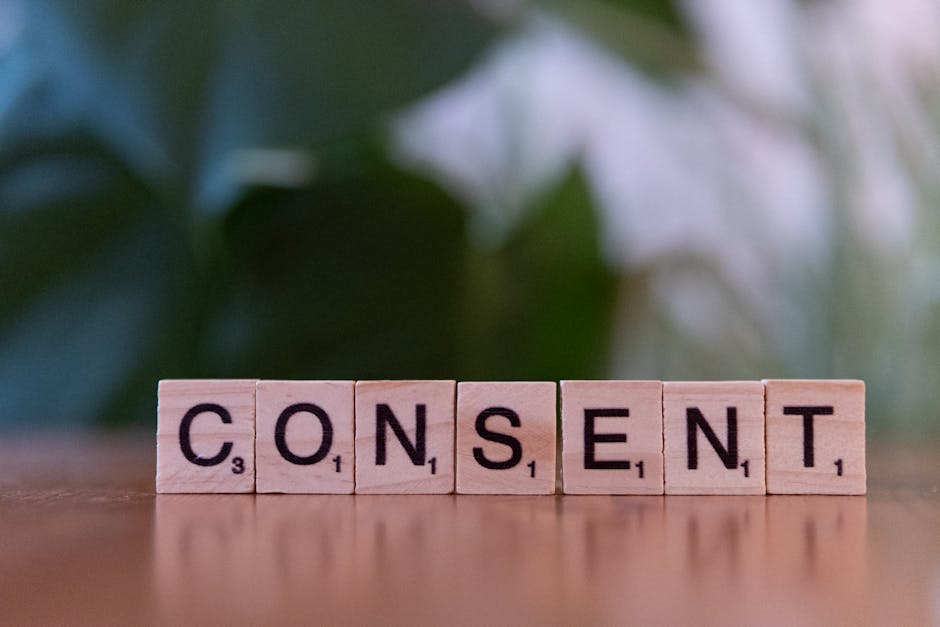Understanding Landlord-Tenant Rights and Responsibilities
Have you ever wondered who is responsible for fixing a leaky faucet or what happens if you miss a rent payment? Knowing the rights and responsibilities of both landlords and tenants can help you navigate the rental world with confidence. In this article, well break down these important concepts in a clear and engaging way.
What Are Landlord-Tenant Rights?

Landlord-tenant rights refer to the legal entitlements that both parties have in a rental agreement. Each side has specific duties they must fulfill.
For tenants, these rights usually include:
- The right to a safe and habitable living space.
- The right to privacy, meaning landlords cannot enter without notice.
- The right to fair treatment and protection against discrimination.
Landlords also have rights, such as:
- The right to receive rent on time.
- The right to inspect the property after giving notice.
- The right to evict tenants who violate the lease terms.
Understanding these rights helps protect both parties. It creates a balanced relationship founded on respect and legal compliance.
What Are the Responsibilities of Landlords?

Landlords have numerous responsibilities to ensure a good living environment for tenants. Here are the key ones:
- Maintain the property in good condition. This includes fixing plumbing, heating, and electrical issues.
- Respect tenant privacy. Landlords should give notice before entering the rental unit, typically 24 hours.
- Follow local housing laws. This includes adhering to safety codes and ensuring the property meets legal standards.
For example, if a tenant reports a broken heater in winter, the landlord is obligated to fix it promptly. Ignoring such requests can lead to legal trouble.
What Are the Responsibilities of Tenants?

Just as landlords have responsibilities, tenants do too. Heres what tenants should keep in mind:
- Pay rent on time. Late payments can lead to penalties or even eviction.
- Keep the property clean and undamaged. Routine cleaning helps maintain the propertys value.
- Notify the landlord about necessary repairs. Tenants should report issues to avoid further damage.
Imagine you notice a leak in the bathroom. it’s your responsibility to inform your landlord quickly to prevent mold growth or water damage.
What Happens If Rights Are Violated?

Unfortunately, conflicts can arise. If either party believes their rights have been violated, there are steps to take.
For tenants:
- Document everything. Keep records of communications with your landlord.
- Know your local tenant laws. Different areas have different regulations.
- Seek help from tenant associations or legal aid if needed.
For landlords:
- Review the lease agreement. Ensure that your requests are within legal bounds.
- Keep records of rent payments and communication with tenants.
- Consult a lawyer if eviction is necessary.
In many cases, mediation can resolve disputes without going to court. A neutral third party can help both sides reach an agreement.
How Can You Avoid Conflicts?
Clear communication is essential to prevent misunderstandings. Here are some tips:
- Read the lease agreement thoroughly. Understand all terms before signing.
- Maintain open lines of communication. Address issues as they arise.
- Be respectful and professional in all interactions.
For example, if you’re unhappy with a decision, express your concerns calmly. This approach promotes a more collaborative relationship.
What Are Common Misconceptions?
Many people hold myths about landlord-tenant relationships. Lets debunk some of them:
- Myth: Tenants can’t be evicted during winter. Fact: Evictions can happen year-round, but local laws may have specific protections.
- Myth: Landlords can enter the property anytime. Fact: Landlords must give notice unless it’s an emergency.
- Myth: All repairs are the landlord’s responsibility. Fact: Tenants must maintain the property too.
Understanding these myths helps you navigate your rights and responsibilities more effectively.
What Should You Do in an Emergency?
Emergencies can happen, and knowing how to handle them is vital. Heres what to do:
- Contact your landlord immediately for urgent repairs (like a burst pipe).
- Document the issue with photos and notes. This evidence can help later.
- Know local emergency resources, such as repair services that can help in urgent situations.
Being proactive can save you from extended problems and higher repair costs.
Where Can You Learn More?
For detailed information on landlord-tenant laws in your area, check out the Nolo Law Center. They provide resources for both tenants and landlords.
Additionally, consider joining local tenant or landlord associations. These groups often provide valuable resources and support.
Takeaway: Know Your Rights and Responsibilities
Understanding landlord-tenant rights and responsibilities can make your rental experience much smoother. By knowing what is expected of you and your landlord, you can avoid conflicts, maintain a good relationship, and ensure a safe, comfortable living environment.
Remember, whether you are a tenant or a landlord, clear communication and respect are key. don’t hesitate to seek help when needed, and always stay informed about your rights.
Start your journey as an informed tenant or landlord today. Keep this guide handy, and don’t be afraid to ask questions. Your home is your sanctuary, and knowing your rights makes it even better!


